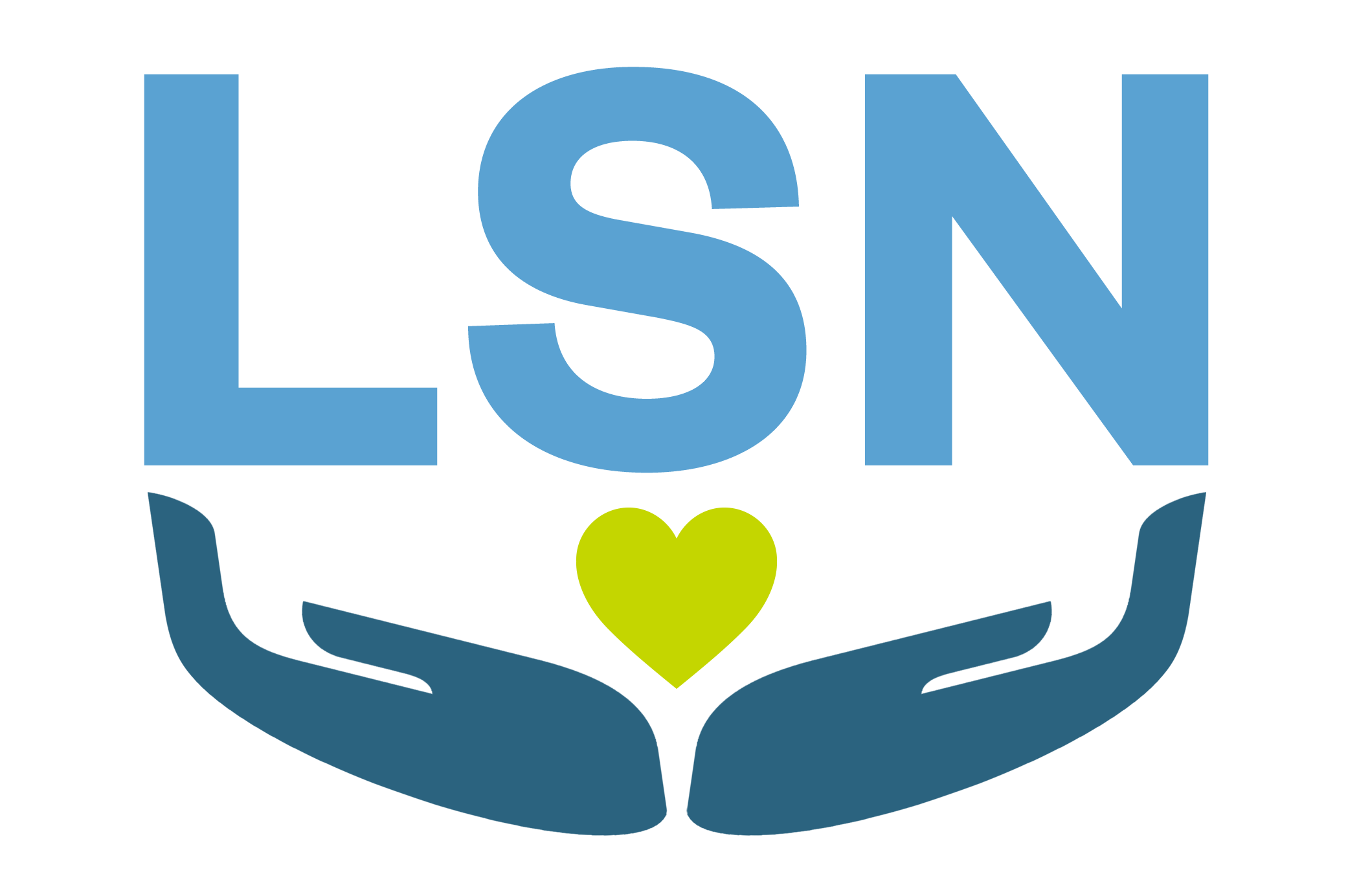Thriving Through Community

Where do we start?
Navigating mental health as a college student, especially in a high-performing setting like UNC-Chapel Hill, can be difficult. Mental health is highly individualized, and looks different for everyone. Remember that whatever you are going through is valid; a range of emotions is common while navigating life at college. One recurrent question that’s been echoed through spheres of students who are trying to navigate mental health: Where do we start?
Perhaps we start with each other. There is value in a supportive community to promote mental health. In a 2011 article from American Psychologist, Roger Walsh concludes that “…Relationships are of paramount importance to individual and collective well-being...” There is a great amount of research that shows the importance of relationships and community on mental health, and how community improves mental health efforts.
Thriving Together
Students have always been and always will be the pulse of Carolina. During hardship, students have pulled together countless times to make change, to stand up for what’s right, to help each other in times of need, to listen and to love their peers. Faculty and staff have played a big role in helping students thrive and navigate through hardship, and often share excellent resources for students to find support during difficult times. Many of us also lean on family or friends from outside UNC-Chapel Hill as important systems of support that offer comfort, peace, and strength. Hold your community tight and find ease and support within it.
Supporting your mental health is not linear or uniform, and there is no right way to navigate the process. However, specific strategies can be helpful on your journey - wherever you are in your process.
Find community
- Seek out friends, peers, family, staff, mental health professionals - whoever you feel comfortable with - and connect with them. Having a support system and supporting those around you can help you realize you are not alone.
- Be honest with your community about your feelings and struggles related to mental health. Opening a dialogue within your community helps everyone.
- Practice healthy boundaries by letting your community know what you do and do not need in the collective efforts to thrive.
Give yourself grace
- Supporting your mental health might not be a neat and tidy process. Give yourself grace as you learn how to take care of your needs.
- Practice self-care techniques, which look different for everyone. This might range from focusing on your work and keeping your routine to taking some time to meditate and take a break from environments that may make you feel stressed.
Get involved
- Some people may find it helpful to get involved in advocacy groups, peer support, or policy work.
- Consider completing a mental health training to be more prepared for supporting your community.
- Share resources with your community. A comprehensive mental health resource hub is searchable and filterable by need on the Heels Care Network website at care.unc.edu/resources.
Navigating mental health can be tough. Lean into your community at Carolina, and know you are not alone.
If you're unsure whether you need professional support, reaching out to a mental health provider for an assessment can provide clarity. An initial CAPS consultation is available for students Monday – Friday from 9:00 a.m. - noon and 1:00 p.m. - 4:00 p.m., no appointment needed.
Source: Walsh, R. (2011). Lifestyle and mental health. American Psychologist, 66(7), 579–592. https://doi.org/10.1037/a0021769

